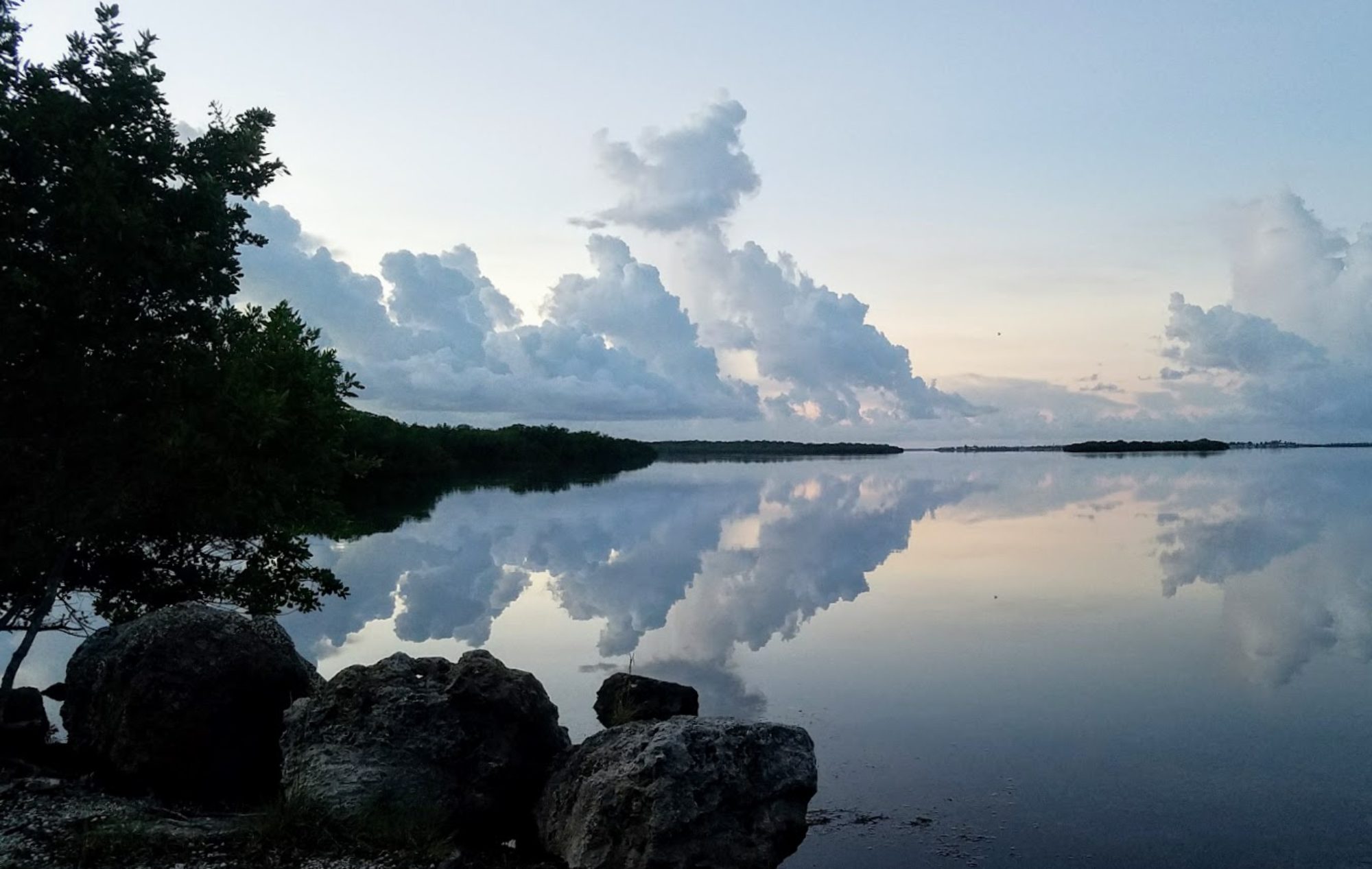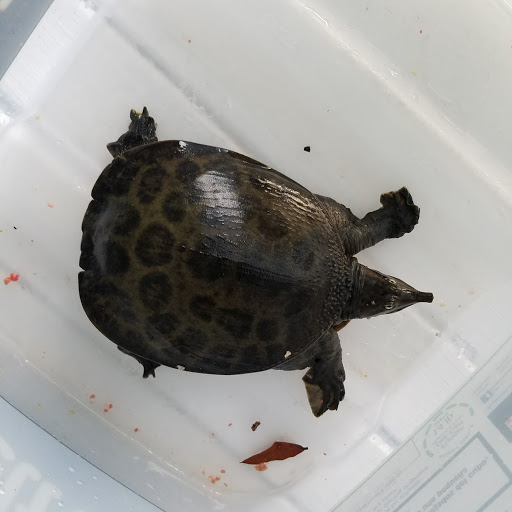In an earlier entry, I described a turtle die-off that has been occurring among Florida freshwater turtles, particularly along the St. John’s River. I have updated information to share.
What do we know?
Florida Fish and Wildlife Conservation Commission (FWC) reports that about 300 sick and dead turtles have been found in the past year. There are no external injuries or obvious signs of infection, and no toxins have been found, including those that could be caused by an algae bloom like red tide.
To date, 18 turtles have been collected and examined by FWC and University of Florida (UF). UF, National Oceanic and Atmospheric Administration’s Fisheries, and Florida Department of Agriculture and Consumer Services are working to investigate and report results to an FWC review panel.
It appears that a virus so new that it has not yet been identified may be the cause of the mystery deaths. UF continues to investigate, hoping to learn more about the virus, its distribution in Florida, and its effect on turtles.
What can you do?
First, FWC asks that you report sick or dead turtles by calling 352-339-8597 or by using the FWC Reporter mobile app. If you use the app, you can upload photos which will be helpful to researchers by assisting with species identification and symptom description. Citizen reporting is very important because dead and dying turtles are preyed upon by alligators and vultures.
Next, do not touch or try to move sick turtles.
To avoid spreading the virus, do not catch, transport, or release freshwater turtles in new locatons, even if the turtles look healthy.
Finally, do not eat turtles that look sick.

